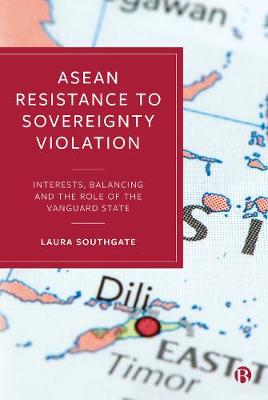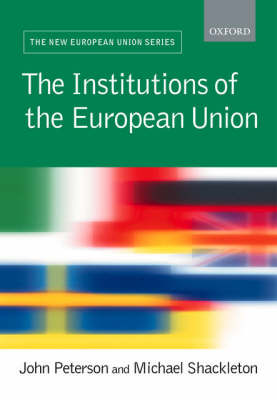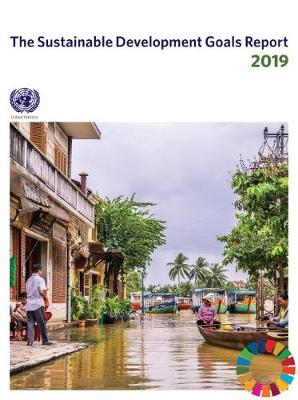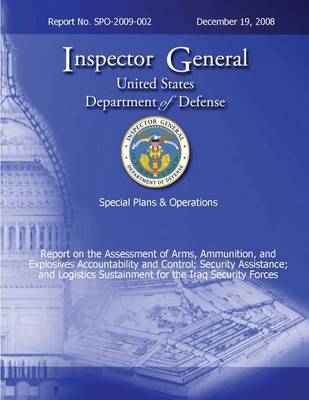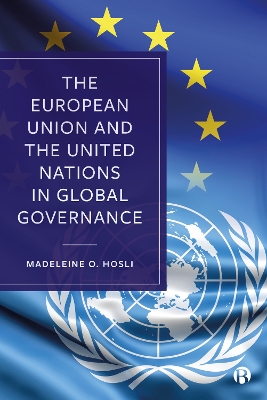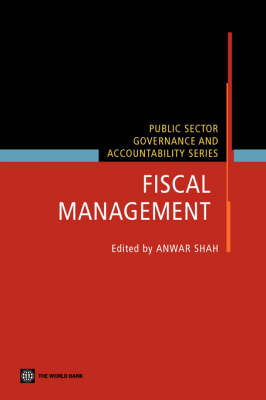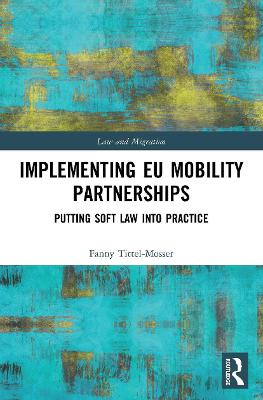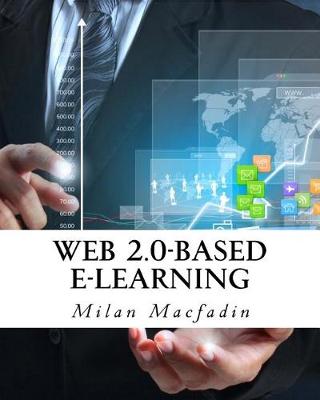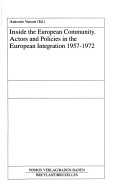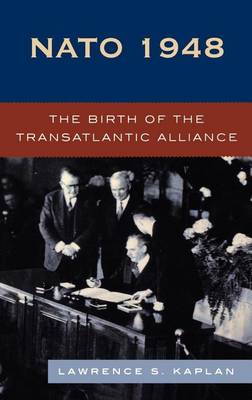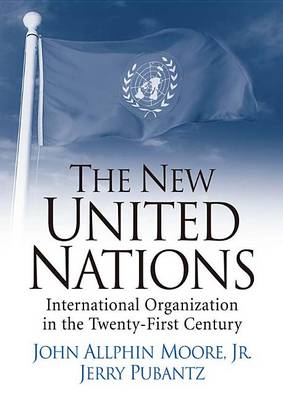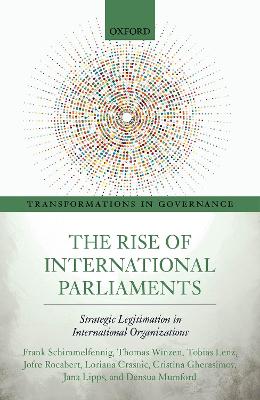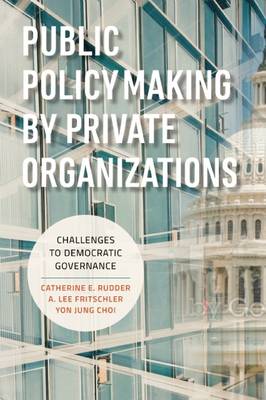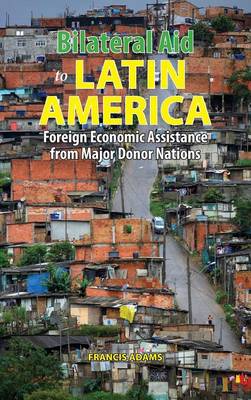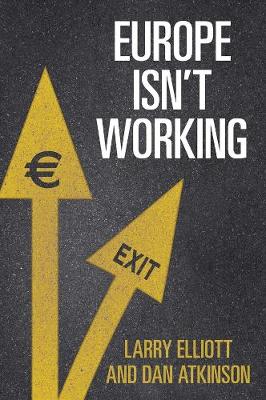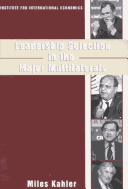Available Open Access under CC-BY-NC licence. Examining how the Association of Southeast Asian Nations' (ASEAN) has responded to external threats over the past 50 years, this book provides a compelling account of regional state actions and foreign policy in the face of potential sovereignty violation. The author draws on a large amount of previously unanalysed material, including declassified government documents and WikiLeaks cables, to examine four key cases since 1975. Taking into account sta...
Die NATO im griechisch-turkischen Konflikt 1954 bis 1989
by Stefan Maximilian Brenner
The Institutions of the European Union (The New European Union)
The 'new' European Union has been constantly evolving since the mid 1980s, and it shows no sign of standing still: the Euro is becoming an international currency, a new round of Treaty reforms is imminent, and the Union is politically committed to enlarge its membership radically. Virtually, the only constant is the EU's institutions, which are both unique and time-honoured after 50 years of European integration. As this volume shows, the institutions of the EU, individually and collectively, pe...
The sustainable development goals report 2019
The Sustainable Development Goals Report 2019 presents how far we have come towards reaching the 17 Sustainable Development Goals (SDGs). This fourth edition of the annual report contains a review of the all 17 Goals. It uses the latest available data and inputs from custodian agencies of the United Nations system other international agencies and is prepared by the Statistics Division of the Department of Economic and Social Affairs of the United Nations
The European Union and the United Nations in Global Governance
by Madeleine O. Hosli
Written by a leading expert in the field, this book analyses the complex relations between the European Union (EU) as a regional organization and the United Nations (UN) as an international, global governance institution. The book explores how collaboration between the EU and the UN has evolved and how the two entities collaborate both structurally and in day-to-day work. It shows how the EU acts within institutions such as the United Nations General Assembly and how UN agencies, funds and enti...
Accountability of government to citizens?the idea that the public sector must answer to the people for its performance?is the foundation for good governance. Under good governance, public expenditures are allocated to maximize welfare, revenues are collected efficiently, and the public at large has access to a number of public services including water and sanitation, infrastructure, education and health. Unfortunately in many developing countries, the people suffer the results of dysfunctional g...
Few are better placed to write on Britain's relations with the European Union than David Heathcoat-Amory. In describing his own journey from initial enthusiam for a Common Market to rejection of the EU, he gives an insider's view of the delusions and deceits which surround the European question. As a Member of Parliament, Minister of State and Privy Councillor, he witnessed two prime Ministers wresting with the 'elephant in the room'. He describes Margaret Thatcher's struggles against EU control...
Implementing EU Mobility Partnerships (Law and Migration)
This book provides a comprehensive assessment of the effectiveness of Mobility Partnerships and their consequences for third countries. Mobility partnerships between the EU and third countries are usually viewed as reflecting asymmetric power relations where development aid, trade relations and visa policies are made conditional upon the cooperation by third countries with an EU agenda of migration control. This book argues that three main factors condition the relevance of Mobility Partnershi...
Covid-19 and Atrocity Prevention in East Asia (Global Politics and the Responsibility to Protect)
This edited volume examines the multifaceted impact of the COVID-19 pandemic on peoples and states in East Asia. The book brings together selected case studies in Southeast Asia and the wider East Asian region that analyse how states in the region have responded to the pandemic and its multi-dimensional threats to human security, including risks of atrocity crimes. In the context of protecting human security and upholding the Responsibility to Protect (R2P), the work analyses how such a conseq...
Inside the European Community (Veroffentlichungen der Historiker-Verbindungsgruppe Bei der, #9)
by Antonio Varsori
This compelling history brings to life the watershed year of 1948, when the United States reversed its long-standing position of political and military isolation from Europe and agreed to an "entangling alliance" with ten European nations. Not since 1800, when the United States ended its alliance with France, had the nation made such a commitment. The historic North Atlantic Treaty was signed on April 4, 1949, but the often-contentious negotiations stretched throughout the preceding year. Lawr...
A comprehensive guide to the world body's institutions, procedures, policies, specialized agencies, historic personalities, initiatives, and involvement in world affairs, The New United Nations is organized thematically, blending both topical and chronological explanations making reference to current scholarly terms and theories. The first textbook of its kind on the market, it presents the UN in its evolving role in this new era since the Cold War and shows its responsibilities for meeting chal...
The Rise of International Parliaments (Transformations in Governance)
by Frank Schimmelfennig, Thomas Winzen, Tobias Lenz, Jofre Rocabert, Loriana Crasnic, Cristina Gherasimov, Jana Lipps, and Densua Mumford
International parliaments are on the rise. An increasing number of international organizations establishes 'international parliamentary institutions' or IPIs, which bring together members of national parliaments or - in rare cases - elected representatives of member state citizens. Yet, IPIs have generally remained powerless institutions with at best a consultative role in the decision-making process of international organizations. Why do the member states of international organizations create...
Modern presidents are CEOs with broad powers over the federal government The United States Constitution lays out three hypothetically equal branches of government - the executive, the legislative, and the judicial--but over the years, the president, as head of the executive branch, has emerged as the usually dominant political and administrative force at the federal level. In fact, Daniel Gitterman tells us, the president effectively is the CEO of an enormous federal bureaucracy. Using the uni...
Public Policymaking by Private Organizations
by Catherine E. Rudder, A Lee Fritschler, and Yon Jung Choi
How private groups increasingly set public policy and regulate lives - with little public knowledge or attention From accrediting doctors and lawyers to setting industry and professional standards, private groups establish many of the public policies in today's advanced societies. Yet this important role of non-governmental groups is largely ignored by those who study, teach, or report on public policy issues. Public Policymaking by Private Organizations sheds light on policymaking by private...
A timely and provocative account of why the euro has failed and why, as a result, the Union will unravel Europe's center-left is rapidly falling out of love with the European single currency. Fifteen years after its creation, British journalists Larry Elliott and Dan Atkinson assess its performance to show why. Looking at a range of key indicators the authors show how the euro has failed to deliver on its promise of more jobs, more growth and greater equality. Instead it has undermined the Eur...
History of the Deep State (History of the Deep State, #2)
by Jeremy Stone
The Contentious Politics of Statebuilding (Routledge Studies in Intervention and Statebuilding)
The book examines the dynamics between domestic and international statebuilding actors. While the dynamics between "local" and "international" statebuilding actors have been previously theorised through concepts such as hybridity and friction, there have been few attempts to develop conceptual tools for the empirical study of statebuilding dynamics. By drawing on a set of concepts and mechanisms developed in the Contentious Politics literature, this book fills this gap. It deploys concepts suc...
This book deals with the theoretical implications of the changing nature of the European Member states and with the concept of new regionalism. Not only does it explore the historical and philosophical background of democracy in various countries, but also it offers an exposition of the institutional expression of democracy at different levels. In addition, it examines the role of pressure groups, policy networks, and political parties; includes a survey of critiques of sub-national democracy; a...
